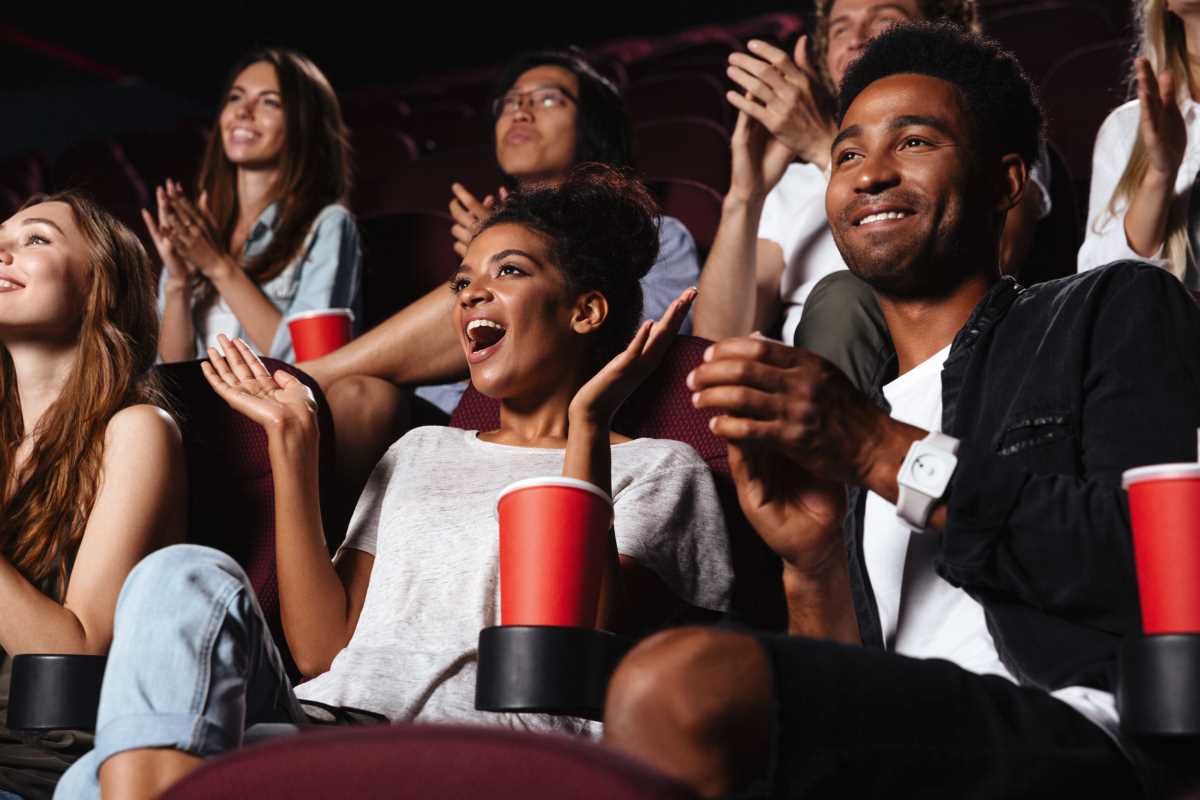Entertainment trends come and go, often quickly shifting with new technologies, changing audience interests, and broader cultural movements. From streaming platforms to social media-driven content, the entertainment landscape is constantly evolving to meet the demands of viewers. While some trends manage to stand the test of time and cement their place in pop culture, others begin to fade as people's tastes, priorities, and values change. Factors like oversaturation, lack of innovation, or a shift in societal focus can often contribute to the decline of once-popular trends. Here are some modern entertainment trends that are starting to lose their luster and why they might be falling out of favor.
Subscription Overload in Streaming Services
Not long ago, streaming services like Netflix and Hulu revolutionized entertainment, offering on-demand content without ads. Over time, however, the number of streaming services has exploded, with platforms like Disney+, HBO Max, Peacock, and more dividing up content.
Many consumers now feel “subscription fatigue” from trying to keep up with different platforms, each with its own exclusive shows and movies. This fragmentation has led some users to cancel subscriptions, reverting to free, ad-supported options or limiting themselves to just one or two platforms at a time.
As a result, there’s an increasing push for bundled services or “super-streamers” to simplify access to content.
Influencer-Centric Content on Social Media
While influencers once dominated platforms like Instagram and YouTube, the appeal of influencer-focused content is waning.
Audiences are becoming more skeptical of overly polished, branded content, with many questioning the authenticity and motives of influencers who constantly promote products. As a result, the trend is shifting towards “realness” and reliability.
Content creators who focus on transparency, everyday experiences, or educational material are gaining popularity. Gen Z, in particular, favors authentic creators over those who seem purely focused on monetization.
As a result, influencer-centric content is evolving, and those who adapt to a more genuine style are finding better engagement.
Reboot and Remake Fatigue
For years, studios have relied heavily on reboots, remakes, and sequels of beloved classics to attract audiences. From superhero franchises to nostalgic TV series, reimagined content has been a steady fixture. However, audience interest is waning as these reboots often fall short of original works, either by failing to offer fresh perspectives or simply seeming like cash grabs.
In response, some studios are beginning to focus on original stories, particularly those with diverse voices or unique viewpoints that haven’t been widely represented before. Audiences are showing more enthusiasm for new and original narratives, and the industry is slowly pivoting to meet that demand.
Celebrity Culture and the “Famous for Being Famous” Phenomenon
The age of reality TV stars and socialites becoming celebrities “just because” is seeing a decline. While personalities like the Kardashians once dominated headlines and media, audiences are growing weary of celebrities who seem more like products than people.
There’s a growing demand for talented actors, musicians, writers, and creators whose fame stems from their skill and hard work rather than viral status or family ties.
This trend is especially noticeable among younger generations, who are looking for individuals with substance and who use their platforms for meaningful contributions, not just personal branding.
Escapist Reality TV
Reality TV that provides pure escapism, such as shows about lavish lifestyles or extreme drama, may finally be losing steam. While these shows have had their heyday, viewers are increasingly looking for content with more meaningful stories, education, or even introspective challenges.
Instead of watching over-the-top competitions or celebrity lifestyles, viewers are gravitating toward docuseries, true crime, and social experiment shows that provide insight into real issues or showcase personal growth. Shows that focus on practical skills, mental health, or self-improvement, like Tidying Up with Marie Kondo or Queer Eye, are gaining popularity over those that simply show over-the-top drama.
Algorithm-Driven Content Recommendations
Algorithms once seemed like the ultimate way to discover new content, but people are becoming more skeptical of recommendation engines that feel overly formulaic.
Many are noticing that algorithms push certain types of content repetitively, limiting exposure to more diverse options. Audiences are becoming more intentional about what they watch, often seeking recommendations from friends, critics, or niche communities rather than relying solely on algorithms.
This shift is prompting streaming services to rethink their recommendation strategies, giving users more control over their viewing experience and access to curated lists created by human editors.
Exclusive Paywalls and In-App Purchases in Gaming
Mobile games and even some console and PC games have thrived on paywalls, in-app purchases, and exclusive content behind a paywall. But as gaming audiences mature, there’s growing pushback against games that emphasize microtransactions over playability.
Many gamers are seeking out “pay once” games or those that focus on gameplay rather than profit-driven mechanics. In response, some companies are moving away from aggressive monetization tactics and focusing on quality and immersive gameplay experiences. This shift can be seen in the popularity of indie games, which often prioritize creative storytelling over profit-driven models.
What's Next?
These fading trends reflect an audience that is more discerning, authenticity-driven, and selective in what they choose to consume.
As these trends fade, it’s likely that the entertainment industry will continue to pivot towards content and experiences that feel fresh, genuine, and meaningful.
Whether it’s streaming services rethinking their models or influencers adapting to be more relatable, the shifts in entertainment are a response to an evolving audience that values quality and authenticity over flash and formula.
 (Image via
(Image via





